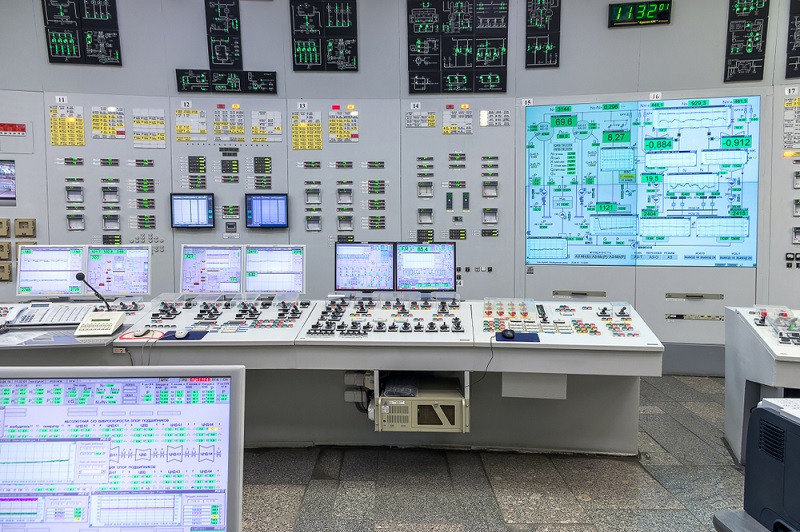Popular Reads
Top Results
Can't find what you're looking for?
View all search resultsPopular Reads
Top Results
Can't find what you're looking for?
View all search resultsThorcon, Defense Ministry to cooperate on thorium nuclear reactor
The Defense Ministry said the deal would help it accomplish its 2020-2024 strategic plan but did not mention a planned capacity.
Change text size
Gift Premium Articles
to Anyone
U
nited States-based nuclear company Thorcon International Pte Ltd and Indonesia’s Defense Ministry signed a deal on Jul. 22 to study developing a thorium molten salt reactor (TMSR) for either power generation or marine vehicle propulsion.
Thorcon said it would provide technical support to the ministry’s research and development (R&D) body to develop “a small-scale TMSR reactor under 50 megawatts (MW)", the company wrote in a statement on Friday, Jul. 24,
“[This will] strengthen national security in the outermost, frontier and least developed regions,” reads the company's statement.
In a separate statement on Jul. 22, the Defense Ministry said the deal would help it accomplish its 2020-2024 strategic plan but did not mention a planned capacity.
Under the strategic plan, the ministry aims to have an operational molten salt reactor by 2025, which can be used to either generate electricity or power ships and submarines, according to publicly-available slides from the ministry’s website.
“We hope Thorcon may be more open toward providing technical support for the Defense Ministry’s R&D body in making the designs and technical preparations for when we enter the construction phase,” the ministry’s statement reads.
At 50 MW, the Defense Ministry’s “small-scale” reactor would become the biggest nuclear reactor in Indonesia. The country’s current largest reactor – a non-commercial facility – is the 30 MW GA Siwabessy reactor in Serpong, Banten.
The proposed reactor is, however, smaller than a fully commercial 500 MW nuclear power plant that Thorcon has been proposing to develop over the past five years. Existing regulations put such plants in the backseat, behind coal and renewables.
Thorium nuclear technology is also unready for commercial application, National Nuclear Energy Agency (Batan) director Dandang Purwadi told The Jakarta Post earlier this year.
“We have to wait around 10 years for the technology to mature, then it takes 10 years to build the facility”, he said, commenting on Thorcon’s planned commercial plant.
Energy experts speaking at a discussion on Jul. 1 pointed out that nuclear plants were losing popularity and were much more costly than renewables, despite improvements in nuclear plant safety, following headline grabbing meltdowns.
“There were many improvements and, after Fukushima, many new safety standards but, once again, risks can sometimes be identified while, sometimes, they cannot,” said Fabby Tumiwa, executive director of think tank Institute for Essential Services Reform (IESR).
“Usage of nuclear power plants is entering a sunset phase,” said Herman Ibrahim, country chairman of the Paris-based International Council on Large Electric Systems (CIGRE).










